UAE to officially inaugurate embassy in Israel Wednesday
The United Arab Emirates is set to officially inaugurate its embassy in Israel on Wednesday, about a year after the two sides reached a controversial normalization agreement which is denounced as a “betrayal” of the Palestinian cause.
The embassy, which is temporarily located in the Tel Aviv Stock Exchange building (aka the Bursa), was formally opened to little fanfare last month.
Israel’s new president Isaac Herzog will attend the ceremony, hosted by the UAE’s ambassador to Israel, Mohammad al-Khaja.
The ceremony will include a reception, ribbon-cutting ceremony, and VIP tour of the embassy.
Late last month, Israel’s foreign minister Yair Lapid officially inaugurated the Israeli consulate in Dubai, and opened its embassy in the Emirati capital Abu Dhabi, which are similarly located in temporary premises.
Israel and the UAE agreed to a US-brokered deal to normalize relations in August 2020.
The UAE and Bahrain signed normalization deals with Israel in a ceremony hosted by then US President Donald Trump at the White House last September. The event was joined by Israeli prime minister Benjamin Netanyahu.
Palestinians have condemned the accords as a stab in their back and a direct affront to their cause to liberate their lands from Israeli occupation.
Earlier this month, the website of Emirates Leaks said that some 5,000 Israelis had obtained UAE citizenship within the past three months after the law on granting citizenship in the Persian Gulf Arab country was amended.
Citing sources, the website of Emirates Leaks revealed there had been an influx of Israelis into the UAE, especially in Dubai and Abu Dhabi under the cover of investment.
The sources said UAE authorities allow the acquisition of citizenship for investors and entrepreneurs without the need to give up their original citizenship.
With an Emirati citizenship, the Israelis would be able to travel to the Persian Gulf and Arab countries without a prior visa, according to the sources.
A former adviser to the crown prince of Abu Dhabi warned about the repercussions of the United Arab Emirates’ demographic change, questioning the loyalty of those who have recently obtained the UAE citizenship.
Abdulkhaleq Abdulla, a professor of political science, said that the UAE’s demographic landscape in the next 50 years will be “dysfunctional” and “strange”.
Hamas thanks Iran, Resistance Front following achievement of ceasefire in Gaza
'Capitulation': Israeli officials and media concede Gaza defeat as truce unfolds
'Gaza has won': Social media users react to ceasefire with mix of relief, joy
Iran seeks South Korea’s assistance for AI, fiber-optic projects
VIDEO | Iran's 'Eqtedar' (Power) maneuver
Israel hits HTS military target in Syria for 1st time since fall of Assad
VIDEO | Press TV's news headlines
Israel has slaughtered 13,000 students in Gaza, West Bank


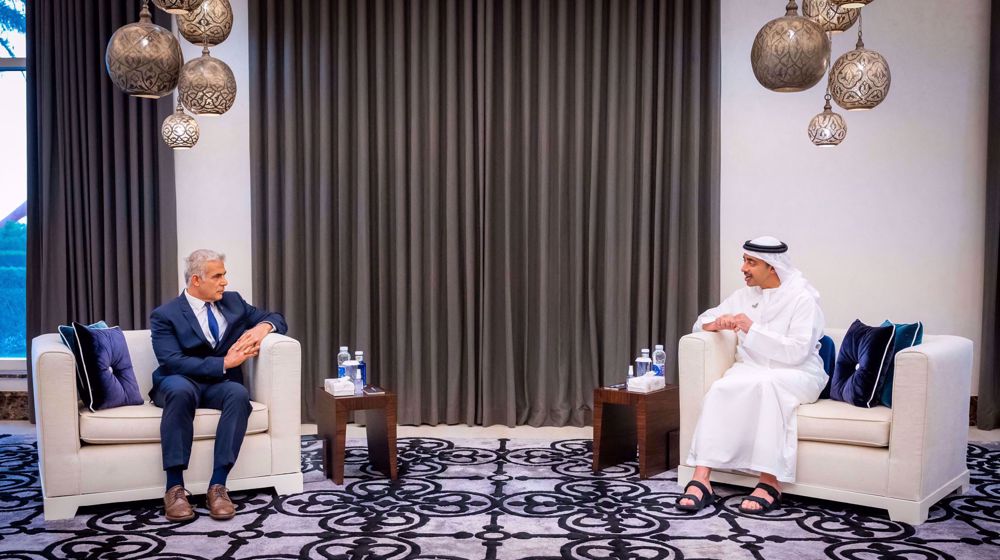
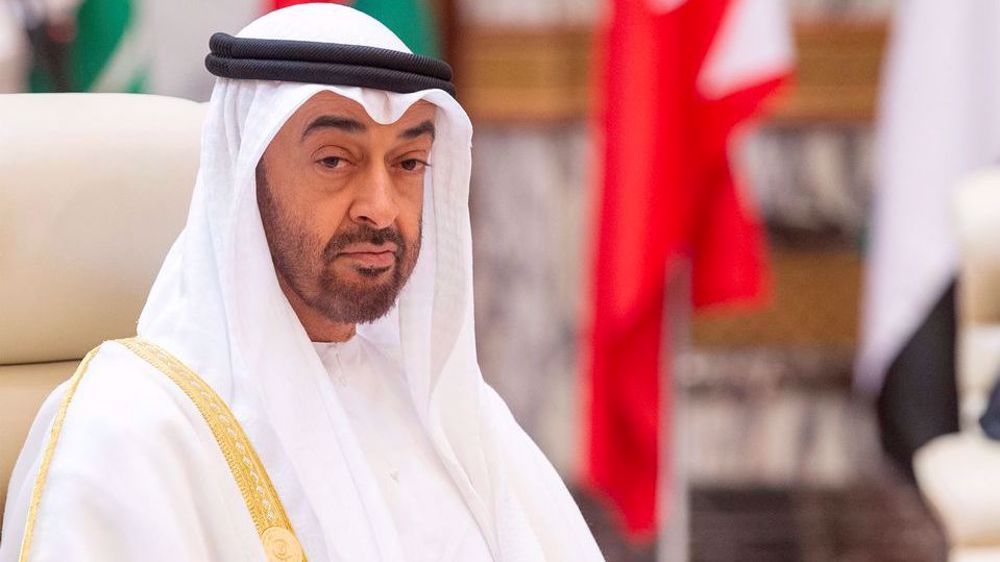
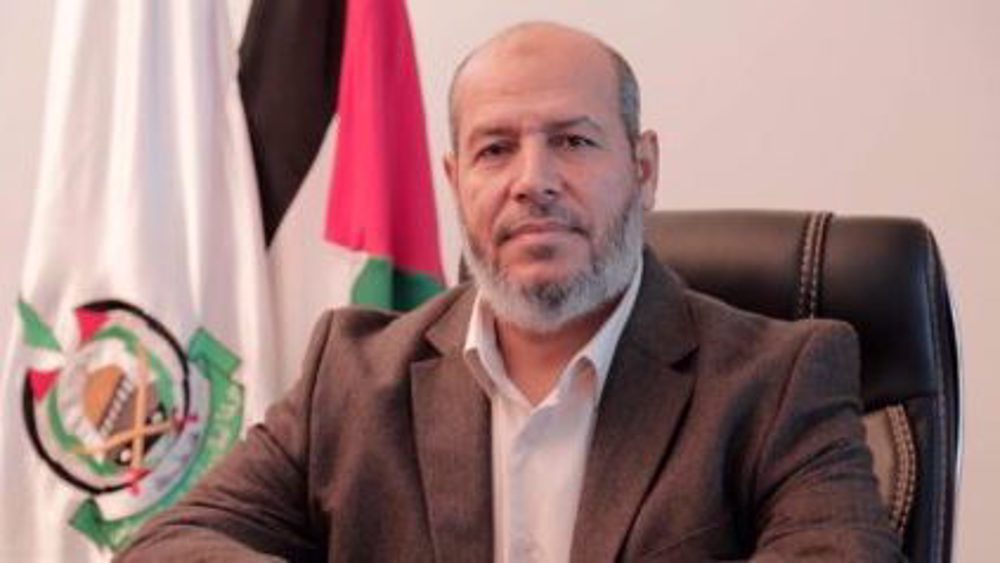

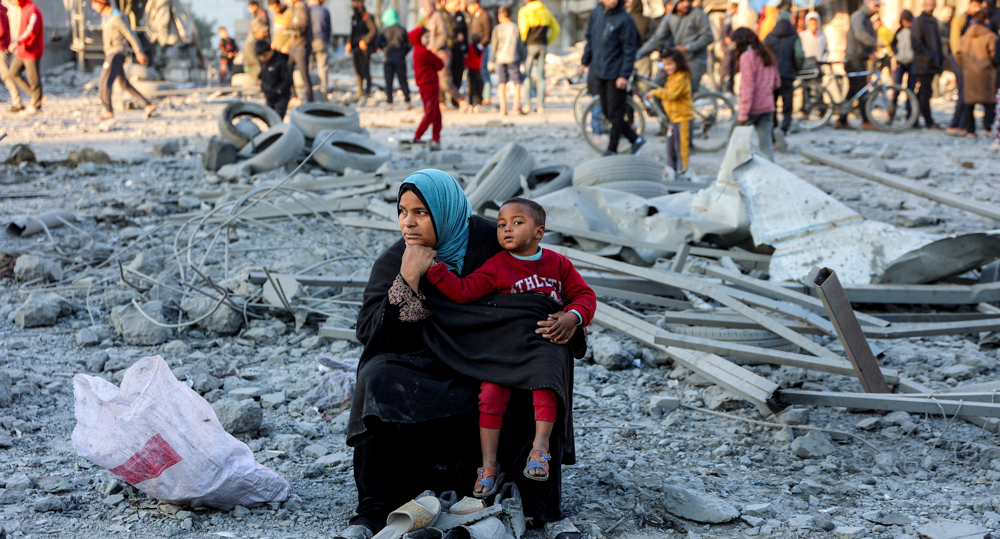



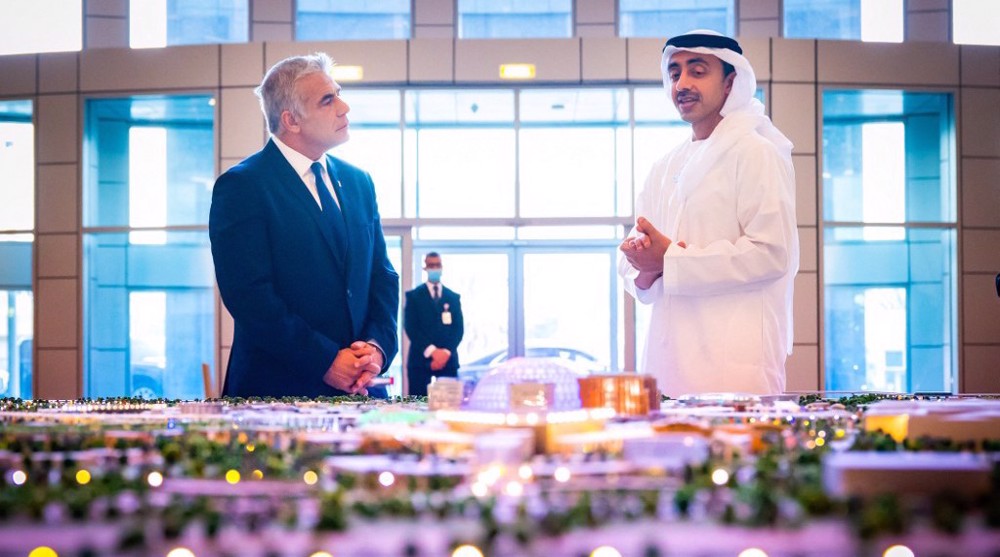
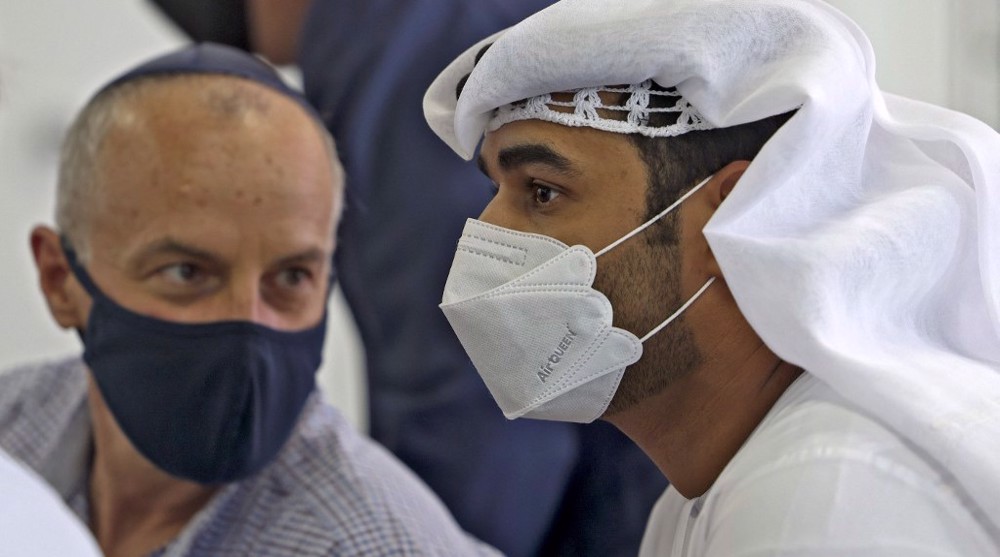
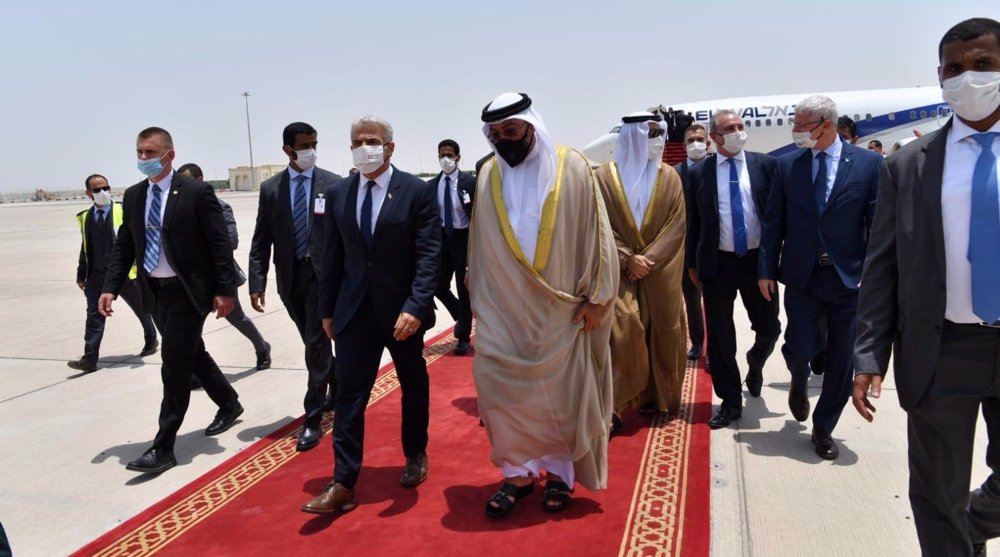

 This makes it easy to access the Press TV website
This makes it easy to access the Press TV website